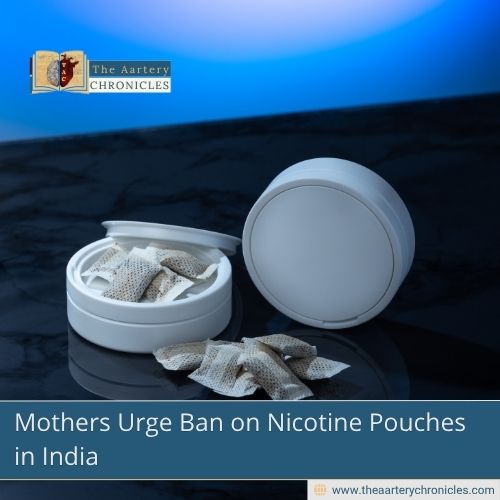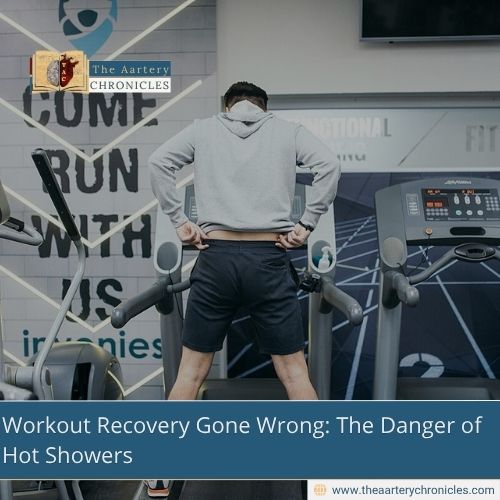

Using Mosquito Repellent Wrong? Read This Now
Mosquito repellents are a common solution for avoiding bites and preventing diseases like dengue and malaria. However, while they offer protection, using them continuously, especially overnight, can have health consequences. Here’s what experts say about the safe use of mosquito repellents at home.
What’s Inside Mosquito Repellents?
Most mosquito coils and plug-in vaporizers contain chemicals such as allethrin or prallethrin. These are synthetic versions of natural substances found in chrysanthemums. According to Dr. Chaitanya Kulkarni, Consultant in Internal Medicine at Kokilaben Dhirubhai Ambani Hospital, these chemicals are effective at repelling mosquitoes. However, they can also affect humans if used in poorly ventilated rooms.
Similarly, Dr. Pooja Pillai, Consultant at Aster CMI Hospital, adds that although these products are generally safe for use, long-term exposure, especially in closed spaces, can pose health risks — particularly for children, asthma patients, and people with chronic respiratory conditions.
What Happens If You Use Them All Night?
- Headaches
- Eye irritation
- Throat discomfort
- Breathing issues in sensitive individuals
Dr. Kulkarni warns that mosquito coils, in particular, produce smoke that can pollute indoor air to a level similar to cigarette smoke. This makes it risky for people with allergies or asthma.
How to Use Repellents Safely
- Maintain proper ventilation: Keep a window slightly open when using the repellent.
- Keep a safe distance: Place the device 2–3 meters away from the bed and avoid putting it directly above or beside where you sleep.
- Limit usage time: Consider switching the device off after a few hours, once the mosquitoes are under control.
- Check for malfunctions: Make sure there is no excessive smoke or signs of damage.
Safer Alternatives to Chemical Repellents
- Mosquito nets: A highly effective and chemical-free option.
- Natural repellents: Products containing citronella, neem, or eucalyptus oil can deter mosquitoes with minimal health risks.
- Electric zappers: Ceiling-mounted electric traps attract and kill mosquitoes without the use of chemicals.
Conclusion
While mosquito repellents are necessary in many regions to prevent mosquito-borne illnesses, it’s equally important to use them with caution. Balancing effectiveness with safety is key. If possible, opt for non-chemical alternatives, and always ensure proper room ventilation and limited exposure when using chemical repellents.
Your health and comfort should always come first even while keeping mosquitoes away.
Source: Inputs from various media Sources

Priya Bairagi
Reviewed by Dr Aarti Nehra (MBBS, MMST)
I’m a pharmacist with a strong background in health sciences. I hold a BSc from Delhi University and a pharmacy degree from PDM University. I write articles and daily health news while interviewing doctors to bring you the latest insights. In my free time, you’ll find me at the gym or lost in a sci-fi novel.








